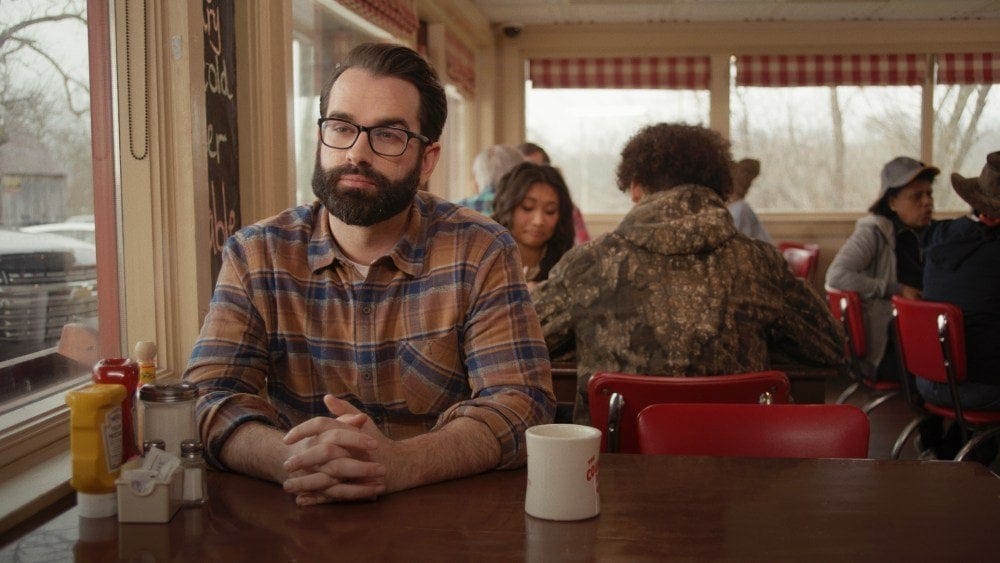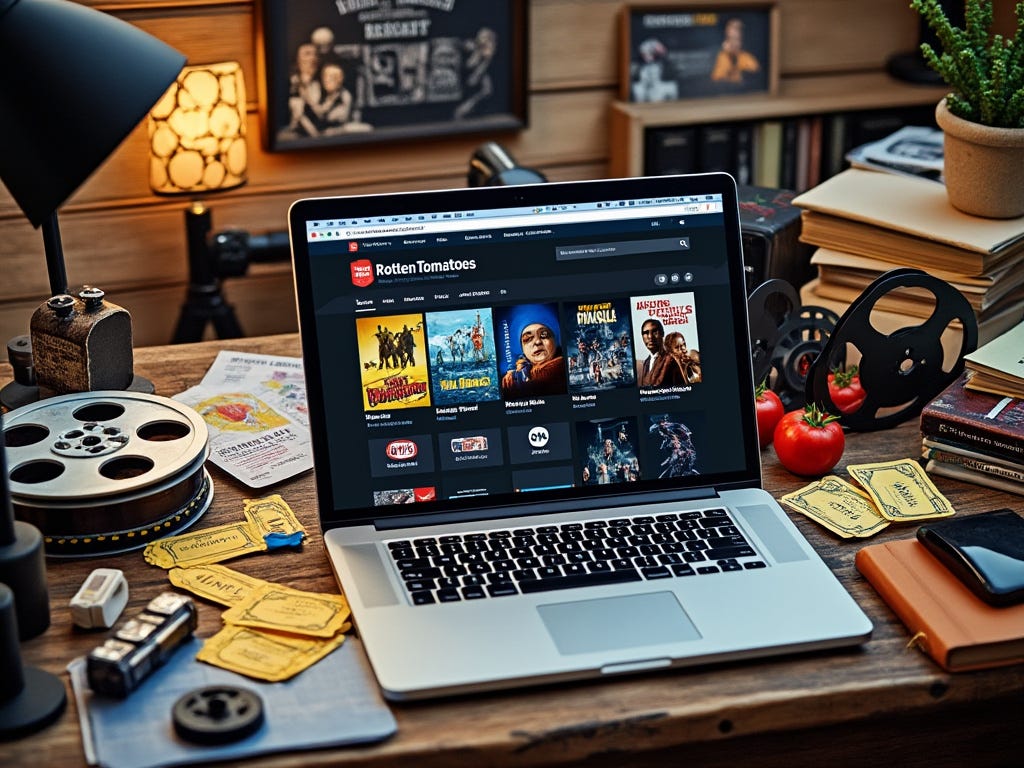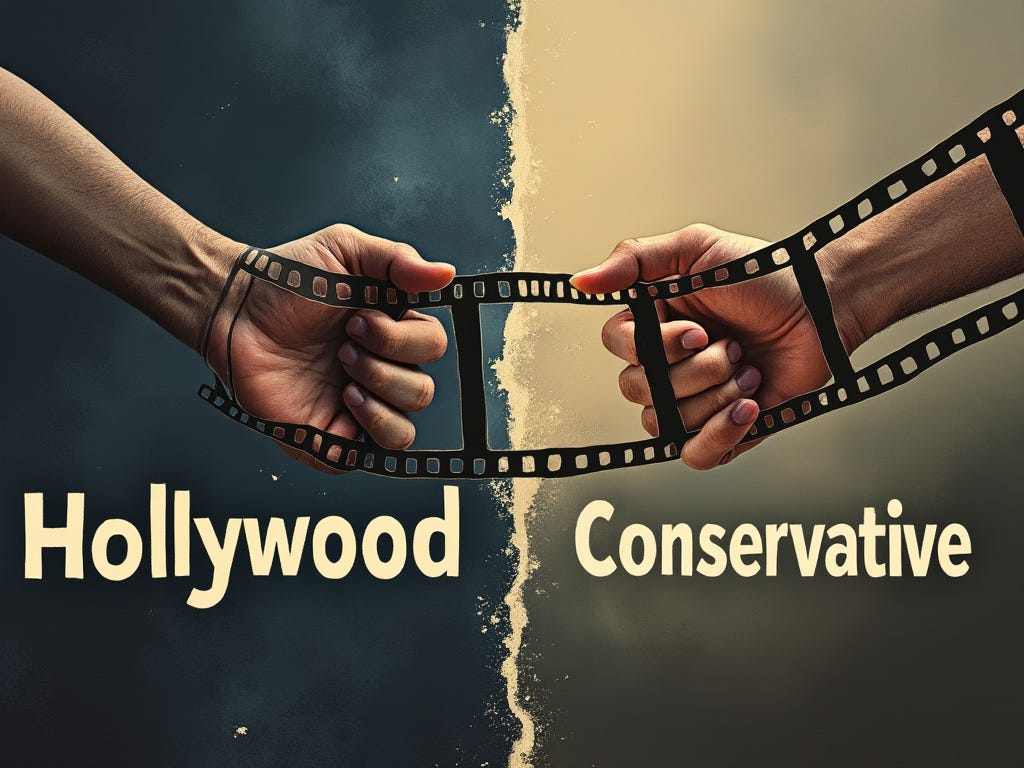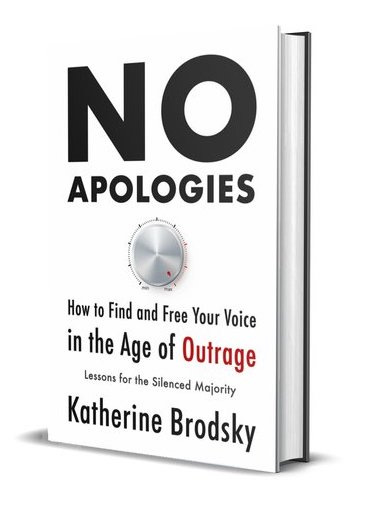No Reviews for You: Matt Walsh
Matt Walsh has recently released a doc of sorts, named “Am I Racist?” The movie is doing well, having opened at over 1,500 theatres across North America. And yet, Walsh says that there’s not a single mainstream critic review of the film. It sits as "verified hot" on Rotten Tomatoes, with over 1,000 verified ratings from audience members, but the film’s critic rating is greyed out.
I’ll be the first to admit, I’m no fan of the man who calls himself a "theocratic fascist"—and from some of the things I’ve heard him say, I doubt it’s entirely in jest. So, I’m not exactly eager to review his film. But then again, I don’t review films anymore.
There was a time, however, when I did.
As I child, I recall watching a film where a monkey was employed by a studio to tell the executives whether a film would perform well or not. Thumbs up or down, kind of like Ebert and Siskel. I remember looking at that money and thinking, “I wish I could be that monkey.” And so, eventually, I became a monkey…film critic.
This brings me back to Walsh and his film. As a critic, I—and others—would review all kinds of movies. Some of those movies were from directors that I didn’t particularly like. Either based on their lack of talent. Or lack of character. Critics still would review those movies. And to this day, I doubt that most mainstream outlets refuse to review movies by, say, Roman Polanski, who had committed an actual crime and fled punishment, rather than being merely a thought criminal—a charge some might levy on Walsh. In other words, not liking someone, or even their work, was not a sufficient reason not to review a film—particularly if it was opening widely enough.
Yet, according to Walsh, outlets like TIME, AP, IndieWire, Variety, The Hollywood Reporter, New York Times, and the New Yorker have all ignored offers of screeners to review the film.
Why such a difference of approach here? Are we living in some sort of segregated cultural world?
It appears so.
It’s no secret that much of cinema is dominated by the left. There are many reasons for that. Historically, theatre has been used as a tool to critique and evaluate society—social commentary and even political activism is nothing new. Many of those drawn towards storytelling through cinema were more likely to be individuals who wanted to address injustices they saw in society, and were more likely to be left-leaning. The major hubs of film production, such as Hollywood and New York, tend to be located in regions that have historically leaned more liberal as well. Artistic fields like film tend to attract creative people who have traits and values more associated with openness, experimentation, and pushing-boundaries, something that we see less of on the right. Simply put, less conservatives enter the field.
This isn’t to say that Conservatives haven’t made any contributions to Hollywood. One of my favorite playwrights David Mamet shifted away from liberalism to conservatism, acknowledging it in his 2011 essay collection: “The Secret Knowledge: On the Dismantling of American Culture.” There were of course also legends like John Wayne, Charlton Heston, Clint Eastwood, Bob Hope, and eventual President, Ronald Reagan. Today we have the likes of James Woods, Kelsey Grammer, Jon Voight, and Tim Allen, amongst others. My own beloved acting teacher, Robert X Modica, who co-taught with Stanford Meisner at the Neighborhood Playhouse for 30 years, was a Republican and Korean war vet. I imagine there’s a number of “closeted” conservatives too.
But nonetheless, Hollywood remains a pretty liberal operation.
Culture does more than merely entertain or mesmerize. It shapes societal norms, values, morals, ideologies, and elevates certain narratives. It provides a lens through which we can understand each other, and the world. It helps shape public opinion and hence, can affect change. It can make certain views mainstream and build empathy. Historically, we can see that in how cinema broached then-difficult subjects around race, class, gender, and LGB rights. A lot of shifts in society didn’t come through force, but rather through storytelling influence. Cinema both reflected and directed conversations within society.
It’s a type of soft power.
And conservatives, who have been largely sidelined, want in.
But it’s not so easy to infiltrate Hollywood, so they’ve been building a parallel studio ecosystem, just as they have been doing with media. Companies like Pure Flix and Revelation Media have been producing faith-friendly movies and shows. Angel Studios, a crowdfunded entertainment studio, has also been producing projects rooted in Christian values and themes, finding great success with “Sound of Freedom.” And, of course, The Daily Wire, has expanded into film production to create content that reflects conservative values, releasing films like “Run Hide Fight” about a girl who fights back against a high school shooter, “Shut In” about a mother protecting her children against a violent ex, and Walsh’s previous outing, “What is a Woman,” a documentary about gender identity.
There’s nothing wrong with creating your own parallel ecosystem. In fact, it's a natural response when you feel locked out or marginalized from the mainstream. In fact, the genre of horror, for example, was the “black sheep” of the film industry for a while, attracting a lot of people who felt alienated by the industry (and society as a whole). Independent filmmakers in generally embraced working outside of the Hollywood system because it allowed them to explore taboo subjects, experiment, and challenge societal norms in ways mainstream cinema wasn't willing to. Counterculture and Hollywood, these days, aren’t exactly synonyms.
And so, conservatives are now looking to bypass the gatekeepers so that they can tell stories that represent their own values—whether faith, patriotism, traditionalism, etc. It’s easier than before given the changing distribution models, with more opportunity to reach niche audiences direct-to-consumer.
And yet, I worry that this divided media landscape isn’t healthy. Not only are we all headed for a future where we’re only consuming content that affirms our own world view—whether left or right—we are splintering into a society that no longer has shared cultural spaces or narratives.
You’ve got a group of people that is so alienated by the mainstream, that they are separating.
The refusal to review Walsh’s film epitomizes that.
What will happen when two sides of the cultural conversation no longer engage with each other? How will ideas be challenged and exchanged if the left/right exist in their own insular worlds?
This approach further deepens the cultural and political divide—making it more difficult to foster understanding or empathy between opposing viewpoints.
Instead, we are seeing a cultural war for power, just as we do in politics. And it’s getting increasingly bloody.
Despite my misgivings about Matt Walsh’s Am I Racist?, the film has garnered plenty of positive feedback from audiences. Film critics, at their core, are meant to represent the audience as a whole—not just those with a liberal viewpoint. Nowhere in the critic's rulebook does it say they should only engage with films that align with their personal beliefs or politics. Their job is to offer an honest, objective evaluation of any film that has captured public interest. Am I Racist?, regardless of its polarizing nature, deserves that same attention and critique.
Films give us a window into different perspectives. The more voices we include, the richer our own will be.
☕️ By popular request, you can also support my work by making a one-off donation via Buy Me a Coffee.
Order my book, No Apologies: How to Find and Free Your Voice in the Age of Outrage―Lessons for the Silenced Majority —speaking up today is more important than ever.
NOTE TO READERS:
Thank you for keeping me company. Although I try to make many posts public and available for free access, to ensure sustainability and future growth—if you can—please consider becoming a paid subscriber. The more paid subscribers I have, the more time I’ll have to work on new essays.
In addition to supporting my work, it will also give you access to an archive of member-only posts. And if you’re already a paid subscriber, THANK YOU!








There's a reason the film got distribution and is successful in over 1500 theatres, and that is because it reaches the genuine mainstream, the common sense 'silent' and true (default) liberal majority that don't subscribe to the nonsense on the 'woke' left, nor are they necessarily right wing conservatives in the mold of Matt Walsh. The ever divisive elite MSM will want to characterize the film that way, eg. saying it represents the rise of the 'far' right, but obviously it is not. To me, the film shows a figure on the right, Walsh, effectively reaching toward the centre in an effort to return the culture to the sanity of once agreed upon principles held by all sensible people. It was the same with 'What is a Woman?'. Although it comes from a 'conservative' source, he is performing a service, much needed, ie. identifying where most folks can find agreement and start having conversations again.
ChatGPT summarized the point of this article: "The article critiques the lack of mainstream critic reviews for Matt Walsh's film "Am I Racist?" despite its success. It argues that political bias in the film industry leads to a cultural divide, with conservative filmmakers sidelined and building parallel ecosystems. The author worries that this segregation of cultural narratives deepens the political divide, making it harder to exchange ideas and foster empathy. Despite personal misgivings about Walsh, the writer believes the film should be reviewed objectively, as critics are meant to represent all audiences, not just one political side."